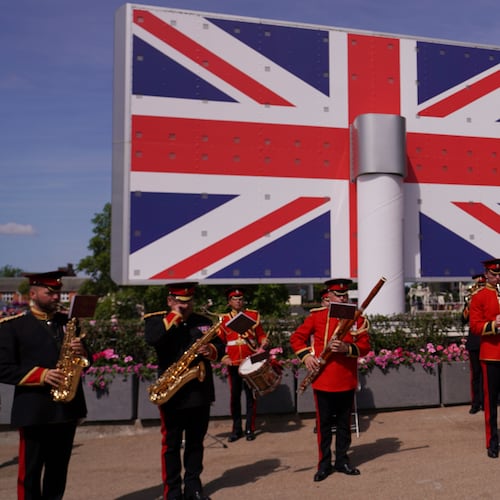Atlanta is among 20 finalists in the Olympian race for Amazon’s second headquarters, or HQ2. Civic stakeholders and economic developers are making the case for HQ2 in places like the Gulch downtown or the Aerotropolis redevelopment near Hartsfield-Jackson Airport.
The region’s leaders are imagining where to house and how to transport the 50,000-plus jobs that HQ2 will create. Gov. Nathan Deal is pulling out all the stops, including billions in tax incentives, to lure Amazon to Georgia. Atlanta Mayor Keisha Lance Bottoms, recently heralded by the governor as a “strong closer,” is doing all she can to bring HQ2 home to Atlanta.
Georgia, which Site Selection magazine has named the number-one place for business for the second year in a row, could benefit greatly from HQ2. But, according to the Equality of Opportunity Project, its capital city, Atlanta, ranks second-to-last for income mobility in the country, and has the country’s fourth-highest rate of suburban poverty. In a city challenged by systemic inequity, bringing HQ2 without major capital investment and strong public policies would further widen Atlanta’s housing gap. Vulnerable taxpayers, whose hard-earned incomes are being used to lure HQ2 to Atlanta, would be all but paying for their own displacement as a result of the online retail giant’s presence driving up property values. By rushing to bring this type of development to the Atlanta community, we could be effectively ending the potential for Atlanta to become the “Beloved Community” for which Rev. Martin Luther King Jr. fought and died.
In the name of economic development, residents of Atlanta – particularly the most marginalized – have been called upon to support many efforts, from tax allocation districts, the Atlanta Beltline, MARTA referendums, Underground Atlanta, and Mercedes-Benz Stadium to name a few. But as we have seen, time and time again, the call for Atlantans to invest in their own futures has resulted in development happening to people, and not with people.
While we cannot deny that an injection of 50,000-plus jobs will certainly benefit those on the job market, it’s important to note that other regional transformative employment opportunities, such as Microsoft, Google and the film industry, have on many occasions imported their higher-waged employees, while failing to train and include the indigenous Atlanta workforce and graduates of the Atlanta public school system.
I make this case not to dissuade Amazon from coming to Atlanta, but to call our elected leaders to approach the HQ2 deal with care — care for Atlantans, and particularly care for disenfranchised Atlantans. These untapped workers stand to benefit the most from Amazon if decision-makers commit to advancing an economic package that is both lucrative and equitable.
In Atlanta, we are lucky to have leaders who have put equity first in their respective policy agendas. They have a proven record of working for the flourishing of all Atlantans. Atlanta’s mayor Bottoms has pledged more than $1 billion towards affordable housing, and APS Superintendent Meria Carstarphen and school board members are working to finalize an equitable and affordable housing strategy for the system. I urge these leaders and others to stay the course.
Amazon HQ2 can serve as a catalyst to removing barriers and fostering inclusive growth in the state’s job market. According to the Employment Equity report produced by the Partnership for Southern Equity, PolicyLink and USC’s Program for Environmental and Regional Equity, “if the state achieved full employment across all racial and gender groups, bringing 384,000 people ages 16 or older into employment, Georgia’s economy could be $12 billion stronger every year with lower poverty, and higher tax revenues.”
We can achieve this by ensuring that projects like Amazon HQ2 include equitable policies that prioritize local hiring, promote the use of minority- and women-owned businesses, support APS and other schools in positioning their students to be job-ready upon graduation, and prevent communities from subsidizing their own displacement.
The onus for developing a more-equitable Atlanta is not only on Atlanta and its leaders. We also need Amazon’s engagement. If the online retailer is serious about embodying caring corporate citizenship and mitigating any negative impact on cities like Atlanta, I invite them to roll up their sleeves and join organizations like PSE which work to ensure that the Atlanta workforce and its communities are inclusive, balanced and equitable.
This is a rare opportunity for the city, region and state to leverage the catalytic moment that is Amazon HQ2 and begin the process of moving towards a more-inclusive community – a beloved community. King’s vision is simple, but its fulfillment will take work. There are neither shortcuts nor prime shipping options. A more-equitable Atlanta that includes Amazon HQ2 will involve good old-fashioned effort and time.
About the Author
Keep Reading
The Latest
Featured

